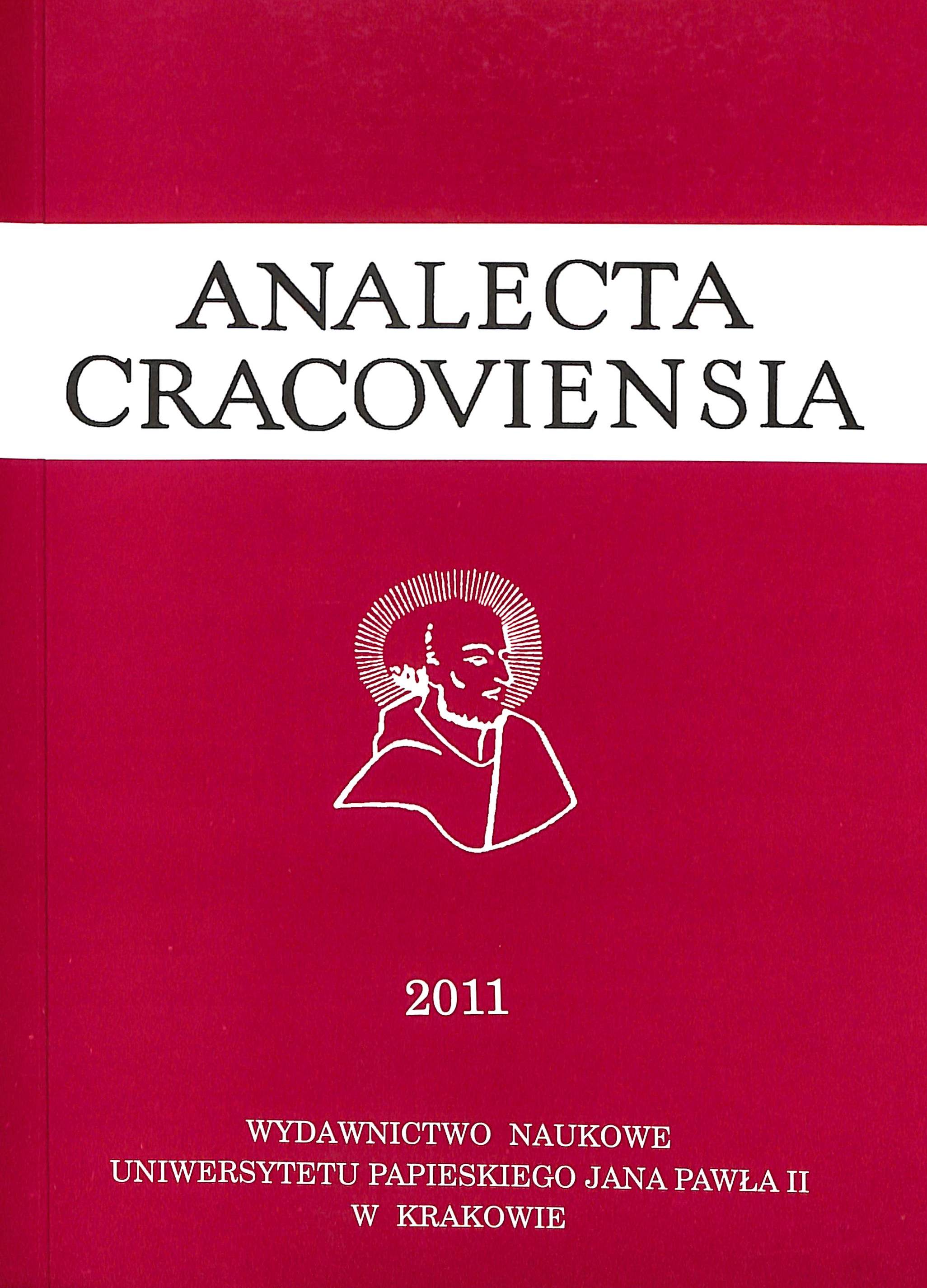Learn From the Best. Thomas Aquinas and Theological Dialogue
DOI:
https://doi.org/10.15633/acr.4317Keywords:
Tomasz z Akwinu, dialog teologiczny, poznanie teologiczne, teologiaAbstract
The article presents the dialogic aspect of Aquinas’s theology in their dual dimension: on the one hand, revealing Thomas as creatively uses a variety of theological sources, as the receptor of wide spectrum of his contemporary thinkers, both Christian and Jewish as Muslim; on the other hand, his theology is marked by disputatio and a model of “thinking in opposition” characteristic of his vision of sacra doctrina conscious that “all truth, by whom ever it is spoken, comes from the Holy Spirit”, as he wrote in Summa Theologica. Aquinas effectively extract the most important message from the works of Aristotle, Augustine, Pseudo-Dionysius, Seneca and use all this auctoritasvn the special «apostolate of the intellect». Thomas teaches the “how” to think. Based theology on aristotelian concept of theoria is not “to beton” the truth, but it clearly shows that theology as a “rational reflection of the faith” leads to a kind of dialogue with reality. Among the works written by him, we meet not only those who want to “consolidate” the faith, but also have a significant apologetic’s dimension. Thomas wants to demostrate the credibility of Christianity as a rational option, which corresponds to the dignity of man and fully develop his capabilities. Theology becomes in this way “thinking faith” which is a participation in God’s knowledge about himself. Therefore, in the article special emphasis put on De rationibusfldei, one of the intriguing works of Aquinas which presents Christianity as a attractive and reasonable proposal for a man, distinguished by the trinitarian horizon of his thinking.
Downloads
Published
Issue
Section
License
Copyright (c) 2011 Piotr Roszak

This work is licensed under a Creative Commons Attribution 4.0 International License.
Authors who publish with this journal agree to the following terms:
- Authors retain the copyright and full publishing rights without restrictions, and grant the journal right of first publication with the work simultaneously licensed under a Creative Commons Attribution 4.0 International License that allows others to share the work with an acknowledgement of the work's authorship and initial publication in this journal.
- Authors are able to enter into separate, additional contractual arrangements for the non-exclusive distribution of the journal's published version of the work (e.g., post it to an institutional repository or publish it in a book), with an acknowledgement of its initial publication in this journal.
- Authors are permitted and encouraged to post their work online (e.g., in institutional repositories or on their website) prior to and during the submission process, as it can lead to productive exchanges, as well as earlier and greater citation of published work (See The Effect of Open Access).

